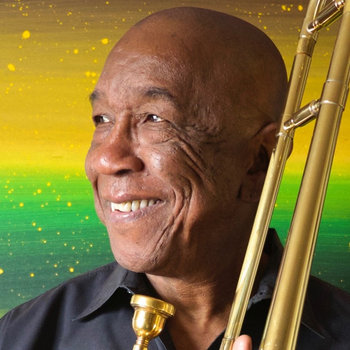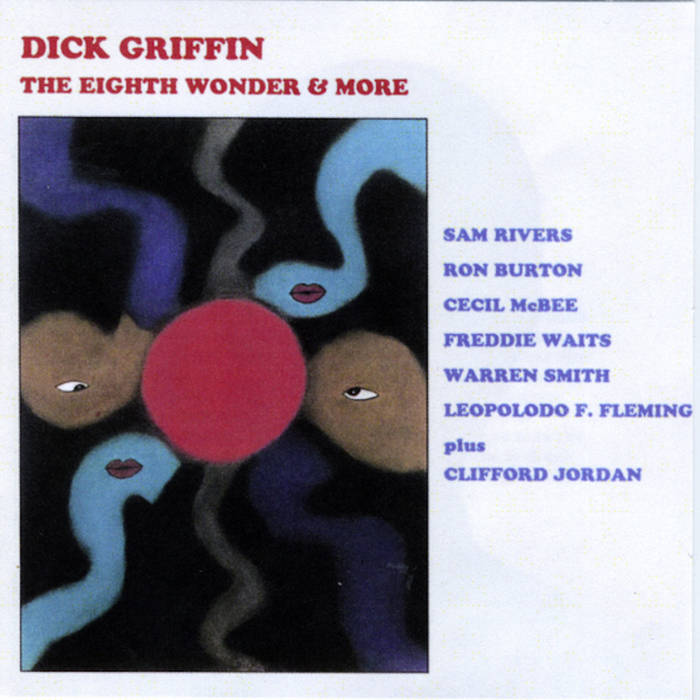AFRO-AMERICAN MUSIC INSTITUTE CELEBRATES 36 YEARS
http://www.indiegogo.com/projects/building-today-for-tomorrow/x/267428
Pain Relief Beyond Belief
http://www.komehsaessentials.com/
PITTSBURGH JAZZ
From Blakey to Brown, Como to Costa, Eckstine to Eldridge, Galbraith to Garner, Harris to Hines, Horne to Hyman, Jamal to Jefferson, Kelly to Klook; Mancini to Marmarosa, May to Mitchell, Negri to Nestico, Parlan to Ponder, Reed to Ruther, Strayhorn to Sullivan, Turk to Turrentine, Wade to Williams… the forthcoming publication Treasury of Pittsburgh Jazz Connections by Dr. Nelson Harrison and Dr. Ralph Proctor, Jr. will document the legacy of one of the world’s greatest jazz capitals.
Do you want to know who Dizzy Gillespie idolized? Did you ever wonder who inspired Kenny Clarke and Art Blakey? Who was the pianist that mentored Monk, Bud Powell, Tad Dameron, Elmo Hope, Sarah Vaughan and Mel Torme? Who was Art Tatum’s idol and Nat Cole’s mentor? What musical quartet pioneered the concept adopted later by the Modern Jazz Quartet? Were you ever curious to know who taught saxophone to Stanley Turrentine or who taught piano to Ahmad Jamal? What community music school trained Robert McFerrin, Sr. for his history-making debut with the Metropolitan Opera? What virtually unknown pianist was a significant influence on young John Coltrane, Shirley Scott, McCoy Tyner, Bobby Timmons and Ray Bryant when he moved to Philadelphia from Pittsburgh in the 1940s? Would you be surprised to know that Erroll Garner attended classes at the Julliard School of Music in New York and was at the top of his class in writing and arranging proficiency?
Some answers can be gleaned from the postings on the Pittsburgh Jazz Network.
For almost 100 years the Pittsburgh region has been a metacenter of jazz originality that is second to no other in the history of jazz. One of the best kept secrets in jazz folklore, the Pittsburgh Jazz Legacy has heretofore remained mythical. We have dubbed it “the greatest story never told” since it has not been represented in writing before now in such a way as to be accessible to anyone seeking to know more about it. When it was happening, little did we know how priceless the memories would become when the times were gone.
Today jazz is still king in Pittsburgh, with events, performances and activities happening all the time. The Pittsburgh Jazz Network is dedicated to celebrating and showcasing the places, artists and fans that carry on the legacy of Pittsburgh's jazz heritage.
WELCOME!
Groups
Duke Ellington is first African-American and the first musician to solo on U.S. circulating coin
MARY LOU WILLIAMS
Trombonist Dick Griffin's Overlooked Triumph
Trombonist Dick Griffin’s Overlooked Triumph By Michael J. West · November 01, 2021
Albums bearing the imprimatur of Strata-East Records—the groundbreaking 1970s jazz label founded by musicians Stanley Cowell and Charles Tolliver—regularly fetch three-digit payouts from collectors. Records with those kinds of price tags get displayed, not played. Trophy cases around the world hold carefully preserved copies of some of the decade’s richest, most innovative jazz albums (few of which moved more than 1,000 units in their day), prized and unheard. As a result, trombonist Dick Griffin’s brilliance has never gotten its just desserts.
Even now, his brilliance can be deceptive. “Eighth Wonder,” the leadoff title track to his 1974 leadership debut on Strata-East, opens with the same boozy blues as Bob Dylan’s “Rainy Day Women #12 & 35”—made boozier by the weird double-buzz of Griffin’s unaccompanied trombone. At first blush it seems amateurish…until you realize that both buzzes are not only stable, but in perfect harmony. Griffin’s no amateur; he’s a virtuoso, playing a tune in two keys at once.
What follows is an embarrassment of riches from an era of post-Coltrane spiritual jazz, Black consciousness, and avant-garde rapprochement. “It Could Be” balances dark modalism with free form, Griffin’s stately horn offset by a careening flute counterpoint from Sam Rivers. “Jakubu’s Dance” is a trudging groove a la Bitches Brew (courtesy of bassist Cecil McBee, drummer Freddie Waits, and percussionists Warren Smith and Leopoldo Fleming), with an overlay of entrancing lyricism and Latin licks from Griffin, Rivers (now on tenor), and pianist Ron Burton. All these elements meld together on album highlight “Flying Back Home”: Griffin and Rivers play furious call-and-response (sometimes morphing into avant-garde freakout) over shifting African polyrhythms, irradiated by Smith’s balafon and swept forward by Burton’s frenetic patterns.
Griffin’s sideman gigs with Rahsaan Roland Kirk and the Sun Ra Arkestra have already made him a legend among the jazz cognoscenti, who also know about his multiphonic chops. Those super-hip gigs have obscured Griffin’s own music, though; it’s smart, passionate, pioneering stuff. Here’s hoping that his recent arrival on Bandcamp can finally give Griffin and Eighth Wonder the breakthrough they deserve.
© 2025 Created by Dr. Nelson Harrison.
Powered by
![]()



You need to be a member of Pittsburgh Jazz Network to add comments!
Join Pittsburgh Jazz Network